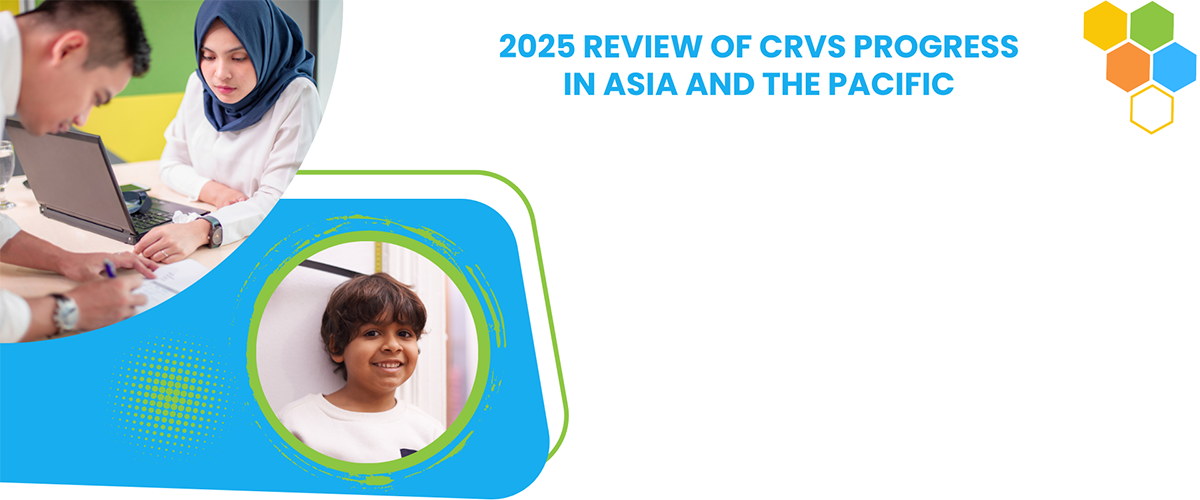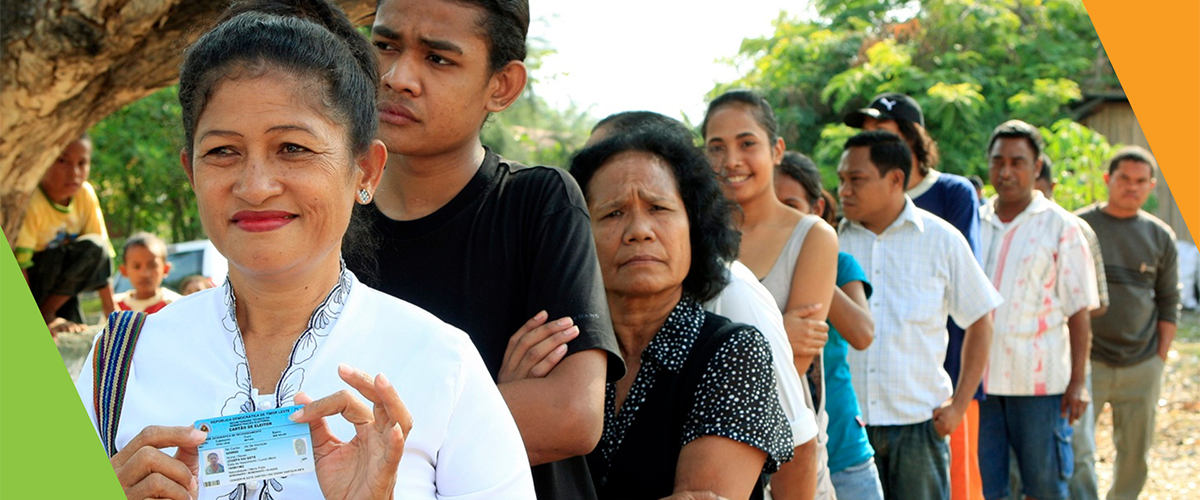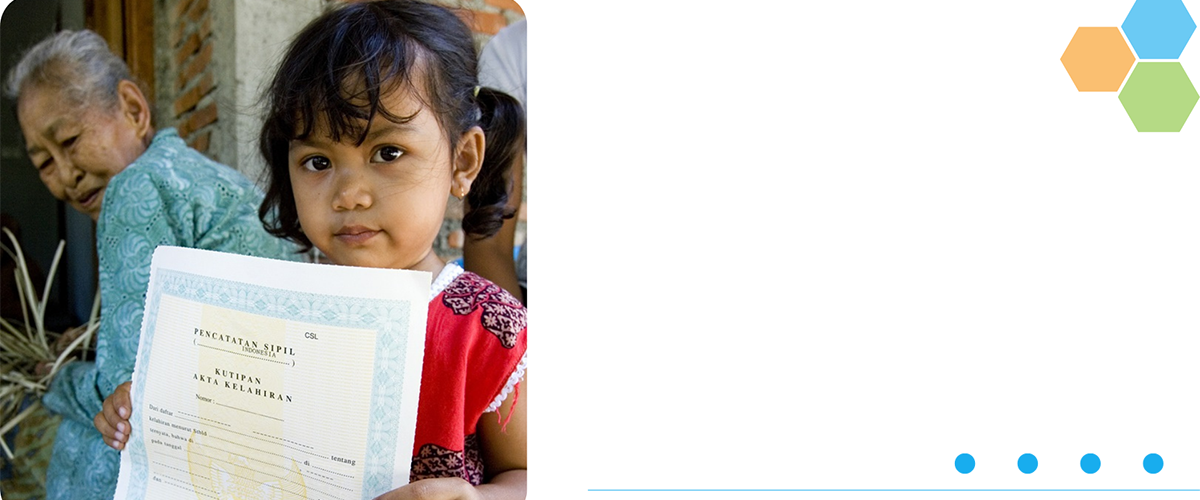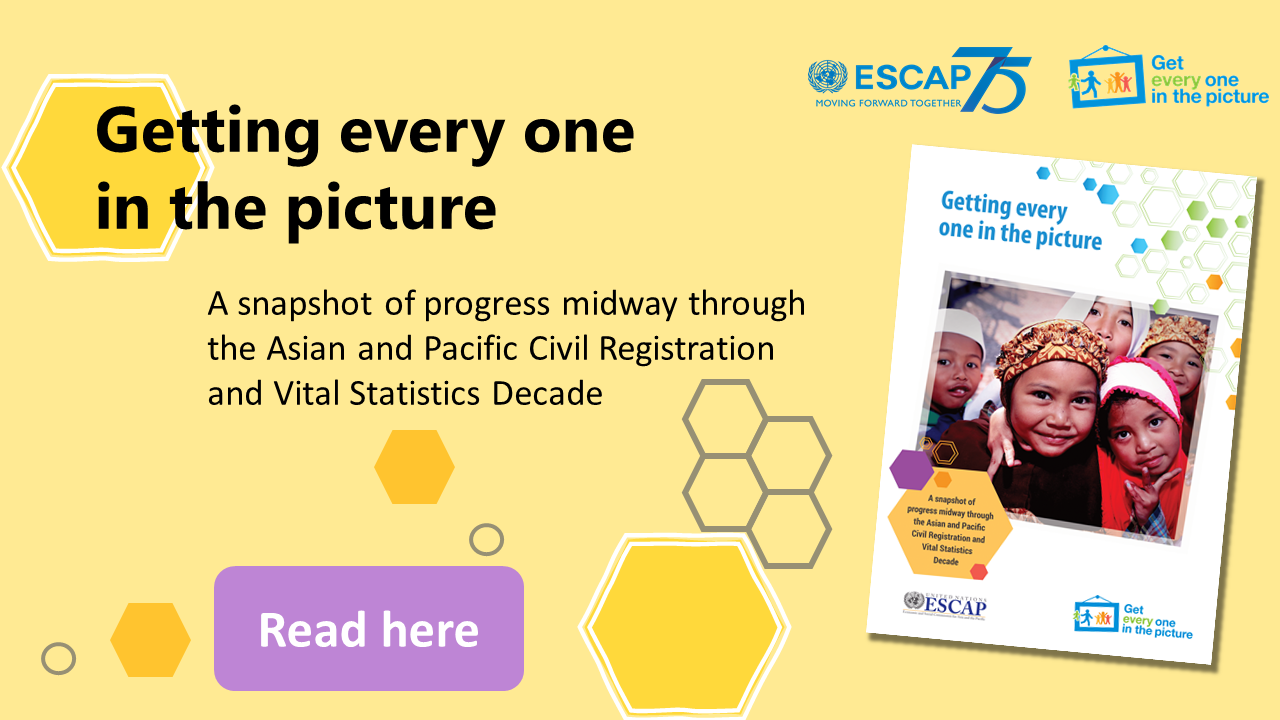Virtual Training Webinars: Learn how to enhance demand for civil registration services through training on communication for development
The Centre of Excellence for CRVS Sytems is organizing a virtual training on how to enhance demand for civil registration services through training on communication for development:









